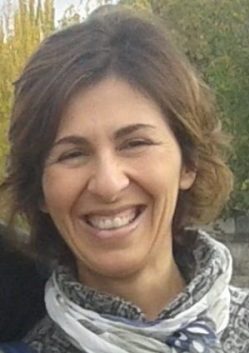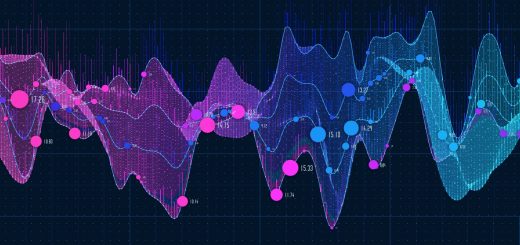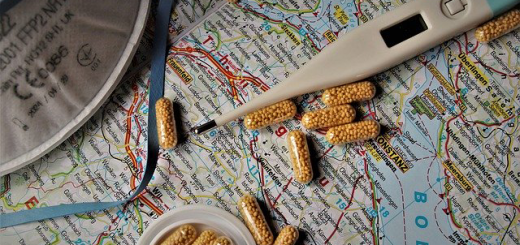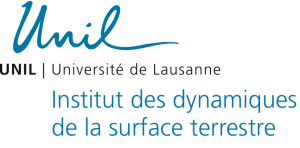 Dr. Marj Tonini is a spatial data scientist with a strong interest on geospatial modelling for risk assessment, mainly related to wildfires and landslides. She gained her PhD in 2002 at Sant’Anna School of advanced studies (Pisa, Italy), defending a thesis on agro-environmental modelling. She started working at Lausanne University in 2004, as post-doc within the group headed by Professor Mikhail Kanevski. Finally, in 2008, she was appointed senior research manager at the Institute of Earth Surface Dynamics (current position).
Dr. Marj Tonini is a spatial data scientist with a strong interest on geospatial modelling for risk assessment, mainly related to wildfires and landslides. She gained her PhD in 2002 at Sant’Anna School of advanced studies (Pisa, Italy), defending a thesis on agro-environmental modelling. She started working at Lausanne University in 2004, as post-doc within the group headed by Professor Mikhail Kanevski. Finally, in 2008, she was appointed senior research manager at the Institute of Earth Surface Dynamics (current position).
Her current research focuses on:
- pattern recognition and data mining approaches for natural hazard susceptibility and risk assessment, achieved using supervised and unsupervised machine learning and clustering algorithms;
- land use/land cover change analyses and modelling;
- detection and mapping of complex transition zones.
Recent applications, with cases studies in Mediterranean and Alpine regions, include the following: (i) spatio-temporal cluster analyses of landslides and wildfires using stochastic point process models; (ii) landslides and wildfires susceptibility assessment using a machine learning based approach; (ii) implementation of a GIS model to define the Wild/Rural Urban interface (i.e. the transition zone between unoccupied land and human development where wildfires have higher incidence); (iv) development of new methodologies to elaborate land use scenarios based on the transition between the past and the current land cover, including driving variables for urban and rural development.
Numerous scientific works arising from these topics have been published in pee-reviewed journal or are currently underway.
As regard the teaching activity, Marj Tonini is co-responsible of the BS course “GIS and Geomatics” and supervisor of different master thesis in the domain of spatial data analyses and mapping, with application on environmental planning and natural hazards. Currently, she is co-supervisor of two PhD thesis, one dealing with different aspects of wildfires’ spatio-temporal dynamics in Portugal (Joana Parente, University of Trás-os-Montes and Alto Douro, Portugal) and the second one dealing with an innovative approach for risk assessment in archaeology based on machine learning (Maria Elena Castiello, University of Bern, Switzerland).




